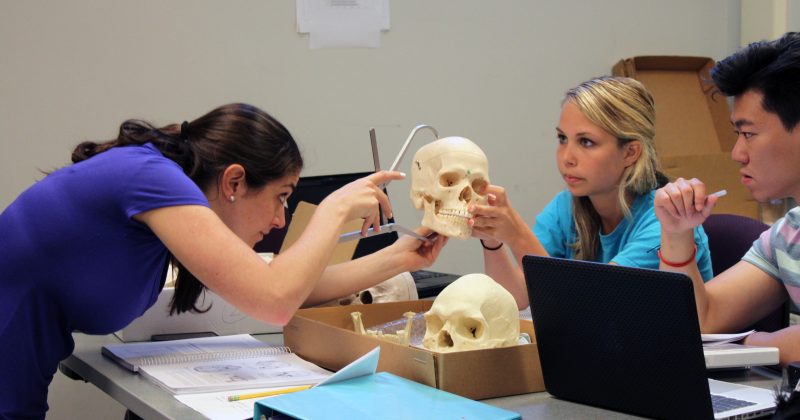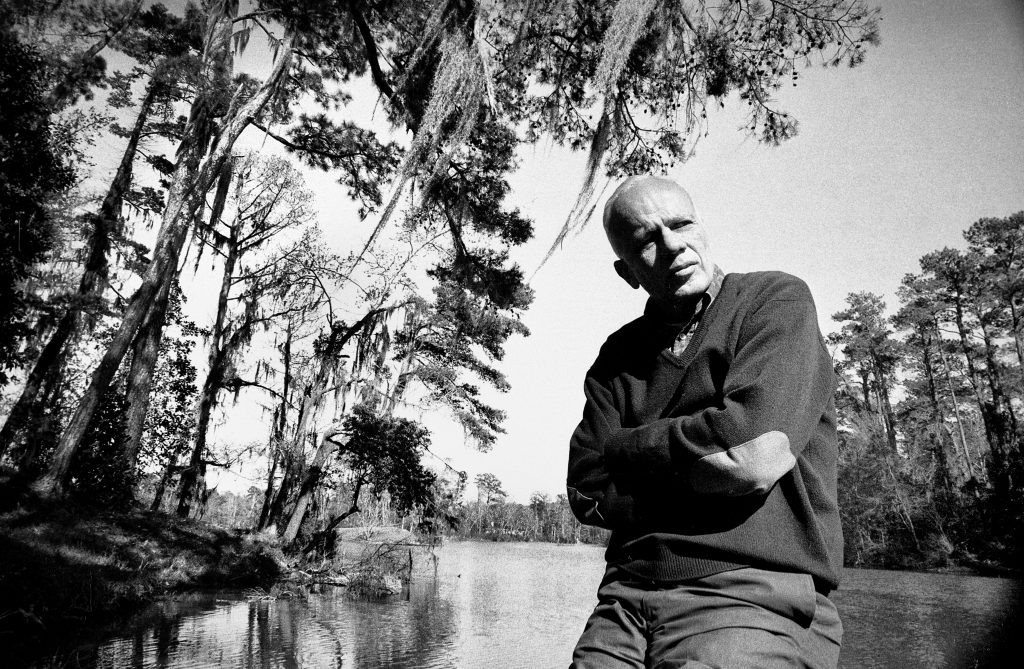
Walker Percy on the dock at Bogue Falaya at the family home in Covington, La. (photo copyright by Christopher R. Harris.)
Looking for a story about love and war? Perhaps a gripping tale of a traveler’s journey to exotic and dangerous places? Maybe a clever yarn on the merits of trout fishing?
The two newest writers to join Carolina’s creative writing program share surprising connections with the donors who created the distinguished professorships and their namesakes that brought them to Chapel Hill.
They bring an “infectious energy” to a teaching roster already brimming with collegial colleagues and a top national reputation, said Daniel Wallace, the program director and J. Ross MacDonald Distinguished Professor of English.
Gabrielle Calvocoressi, a poet, is the first Walker Percy Fellow in Creative Writing. Stephanie Elizondo Griest, a non-fiction author, is the inaugural Margaret R. Shuping Fellow in Creative Writing.
“The creative writing program is one of the public faces of Carolina,” said Wallace. “Literature-loving alumni want to be part of our program, and they’re the ones who help us maintain its historical excellence. We’re so grateful for to the donors for making it possible for Gaby and Stephanie to join us and teach our next generation of writers.”
Bard of the Bayou

It began with a chance meeting of two teenagers on a South Carolina beach nearly 45 years ago.
One of the teenagers was the daughter of Walker Percy, a 1937 Carolina alumnus and among the nation’s most iconic writers of the 20th century. The other teenager went on to graduate from Carolina and has a successful career in business and writing. In 2009, his family established a $1 million distinguished professorship to honor the lifelong friendship between the two families that started with the serendipitous beach encounter.
The Walker Percy Distinguished Professorship in Creative Writing recognizes the life and work of the great novelist.
The donor, who prefers anonymity, said that he didn’t want to miss the opportunity to name a professorship for Percy at Carolina.
“The professorship is good for Walker Percy and his family and good for the University,” the donor said.
His relationship with the Percy family continued over the years through correspondence, family gatherings and even a fishing trip for speckled trout in 1973 with the famed author in a Sunfish, a small sailboat, at Gulf Shores, Ala. As a high school student, the donor was so influenced by Percy that he wrote a poem about the bayou for him that placed fifth in an Atlantic Monthly competition. Percy wrote a recommendation letter for him to attend Carolina.
From his childhood in Birmingham, to the loss of his parents and his teenage years in Greenville, Mississippi, Percy’s life is detailed in numerous books, articles and in the 2011 PBS documentary, Walker Percy.
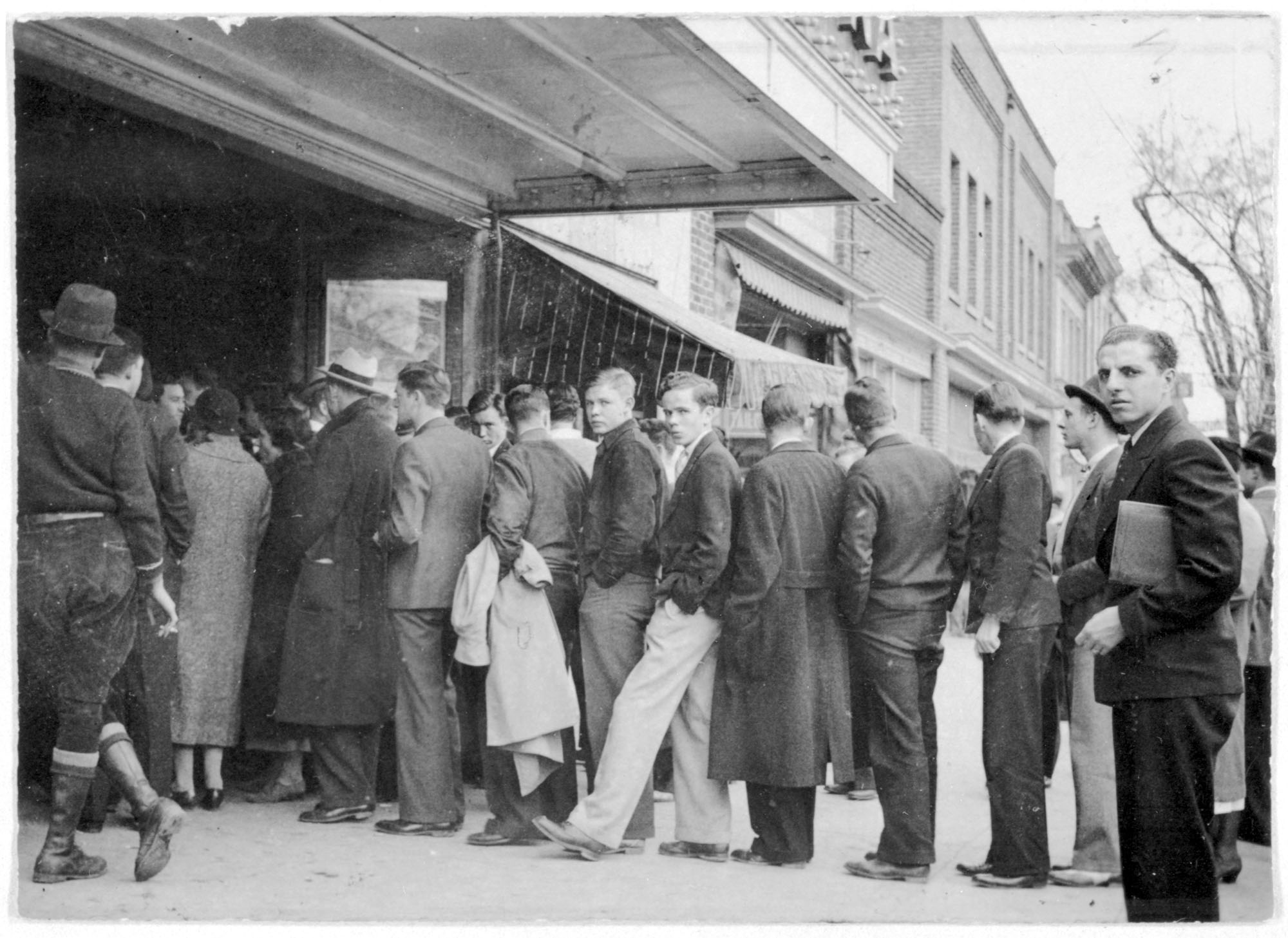
Percy began his freshman year at Carolina in 1933 in the midst of the Great Depression, studying chemistry. After graduation, he entered Columbia University’s medical school, earning his degree in 1941. He contracted tuberculosis in 1942 during an internship at New York’s Bellevue Hospital, later returning to teach. After a relapse, he left medicine for good and began his writing career.
Percy married Mary Bernice Townsend in 1946, and they returned to the South, eventually to Covington, La., where they raised daughters Ann and Mary.
He wrote six bestsellers, including three that earned many honors and awards: The Moviegoer (1962); Love in the Ruins (1972); and The Second Coming (1980). In addition, Lost in the Cosmos: The Last Self-Help Book won the St. Louis Literary Award in 1986. Percy died in Covington in May 1990, at 74.
Like Percy, Calvocoressi earned a graduate degree at Columbia University — hers is an MFA. Percy wrote The Moviegoer; her family owned a second-run movie theater and a drive-in. Both were 13 when they lost a parent to suicide — Percy’s father and Calvocoressi’s mother. And they were raised by family members other than their parents.
“Writing is so much about going outside yourself and making connections, meeting someone you never expected to meet, like the chance encounter on a beach,” Calvocoressi said. “With students now so attached to technology, it’s a real challenge to get them to make those associations.
“I’ll tell them to take the long way to class. Don’t use your iPhone. I’ll ask the question, ‘What did you see today?’ Writing a poem comes from the ability to take a moment and put these connections together,” said Calvocoressi, who is teaching honors poetry and introductory poetry her first semester.
A Connecticut native, Calvocoressi attended Choate Rosemary Hall and earned her bachelor’s degree from Sarah Lawrence College. After graduation, she spent two years working as a secretary at a day school while writing in the evenings.
Her two poetry books, The Last Time I Saw Amelia Earhart and Apocalyptic Swing won critical acclaim. From 2000 to 2002, she was a Wallace Stegner Fellow at Stanford University, and she later taught at California College of Arts in San Francisco and Warren Wilson College near Asheville.
She first learned of UNC as an undergraduate when Randall Kenan, now an associate professor of English at Carolina, taught her class as a visiting writer at Sarah Lawrence. After his term ended, his students heard that he was bound for Chapel Hill.
“After that, UNC was always on my mind, even though I’d never been here,” Calvocoressi said. “One of the great things about teaching at Carolina is that it’s an invitation to become immersed in learning more about its writers like Walker Percy.”
Pioneering women
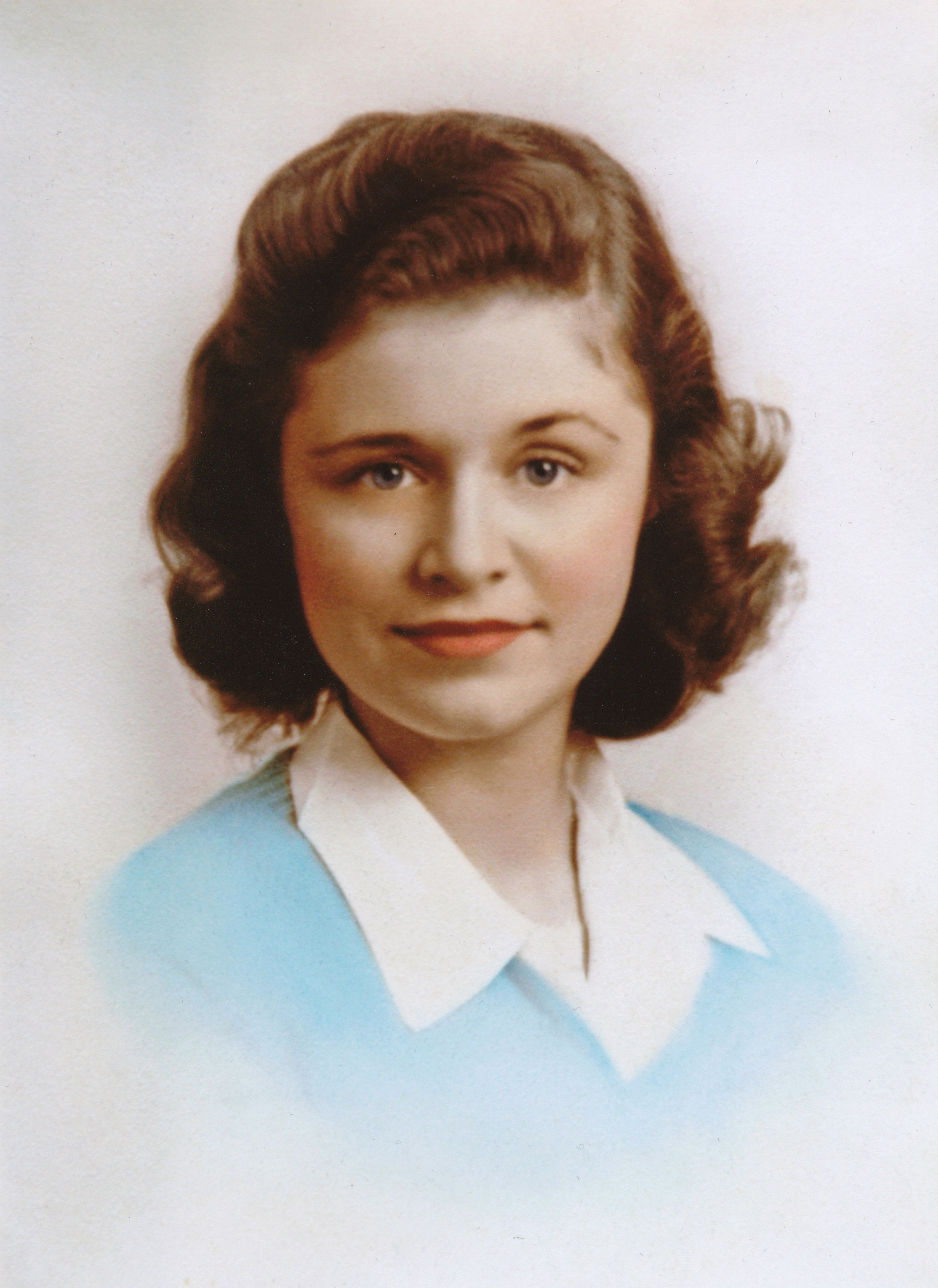
Margaret Russell had just graduated from Carolina when the love of her life was across the Atlantic and preparing to invade Normandy.
Hampton Shuping, like so many men, had interrupted his studies for the war. He survived D-Day, and was then transferred in 1945 to the naval base in Coronado, Calif. After Hampton proposed, Margaret, along with her mother and aunt, traveled for days by train from the family home in Richlands, N.C., to San Diego, to marry Hampton. The couple eventually returned to N.C. where Hampton completed his UNC degree in business in 1947 and became an executive with textile giant J.P. Stevens & Co. in Greensboro.
When she earned her journalism degree in May 1944, Margaret was among a pioneering group of women who pursued this emerging career choice. She worked briefly at the Greensboro Daily News before she married and became a full-time homemaker and civic volunteer. Margaret kept her dynamic personality until her death in 2000.
Sallie Shuping-Russell ’77, one of Hampton and Margaret’s five children, said that there was always a sense that her mother was a part of her father’s success. In 2008, she established a $1 million fund that would become the Margaret R. Shuping Distinguished Professorship in Creative Writing.
“Mama loved Carolina,” said Shuping-Russell. “She believed in taking the high road but also felt strongly about standing up for yourself and others, even if they were unpopular positions. She was pretty spectacular.”
Shuping-Russell, who earned her MBA from Columbia and is managing director of BlackRock investment firm in New York, is a member of Carolina’s Board of Trustees and served on the Arts and Sciences Foundation Board of Directors. The professorship that honors her mother also recognizes the love of books that Margaret shared with her children.
“Today we spend so much time surrounded by technology. The professorship reflects my firm belief that literature conveys the human condition and promotes humanness in a way that technology cannot,” Shuping-Russell said.
A half-century after Margaret Russell helped forge new territory for women, Stephanie Elizondo Griest was a new graduate of the University of Texas, a double major in journalism and post-Soviet studies. After graduation, she lived in Beijing as a Henry Luce Scholar, editing and teaching journalism at China Daily, a Beijing newspaper. In 2012, she completed her MFA at the University of Iowa.
Her travels have taken her to more than 40 countries, with many of her experiences documented in her books Around the Bloc: My Life in Moscow, Beijing, and Havana; Mexican Enough: My Life Between the Borderlines; and the guidebook 100 Places Every Woman Should Go.
Griest has documented the human condition at its grittiest levels, from an orphanage in Russia to borderland conflicts in Texas and, in her current research, in upstate New York at the Mohawk Nation at Akwesasne. As a journalist for the Associated Press in Austin, she covered George W. Bush’s last legislative session as governor and his bid for the presidency. She has also written for the New York Times, Washington Post and Latina Magazine, among many other publications.
The Corpus Christi native — who said she does not own a smart phone — traces her wanderlust to her great-great Uncle Jake, a “hobo” on her father’s side of the family, and to her mother’s ancestors who were America’s first real cowboys, the Mexican ranch workers on Texas’s famed King Ranch.
An enthusiastic teacher, Griest most recently was a visiting professor of creative writing at St. Lawrence University, and has taught at many writers’ conferences.
“Teaching is pure magic,” she said.
[ Story by Del Helton ]
Published in the Fall 2013 issue | Features, The Scoop
Read More
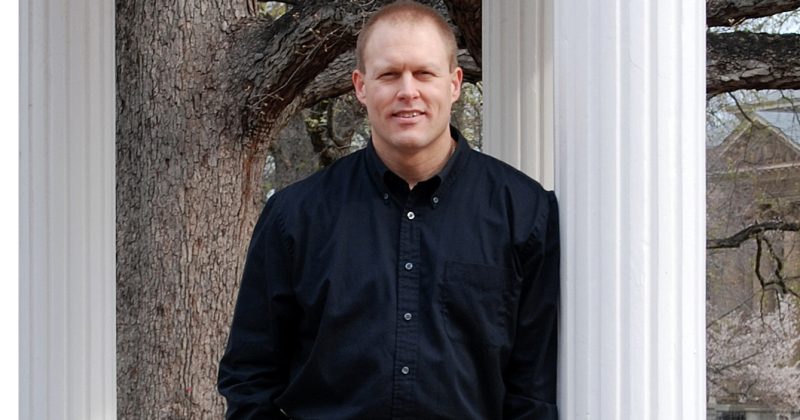
Exploring cyber security in the ‘cloud’
A $5.8 million award from the National Science Foundation (NSF)…
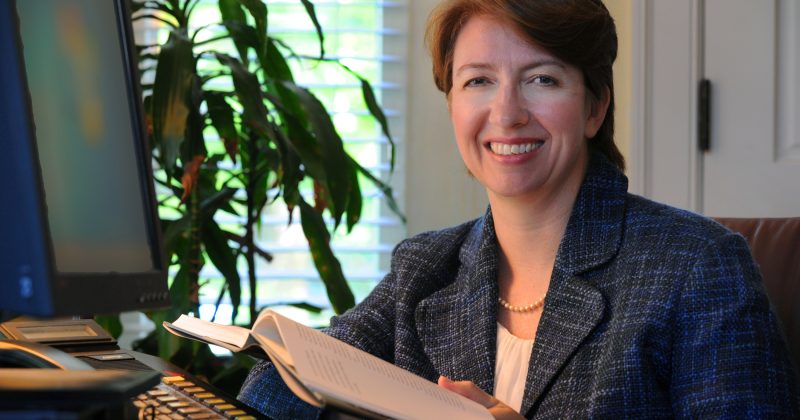
Southern Cultures: Journal covers it all, from tobacco queens to blues music
Southern Cultures journal covers it all, from tobacco queens to…


